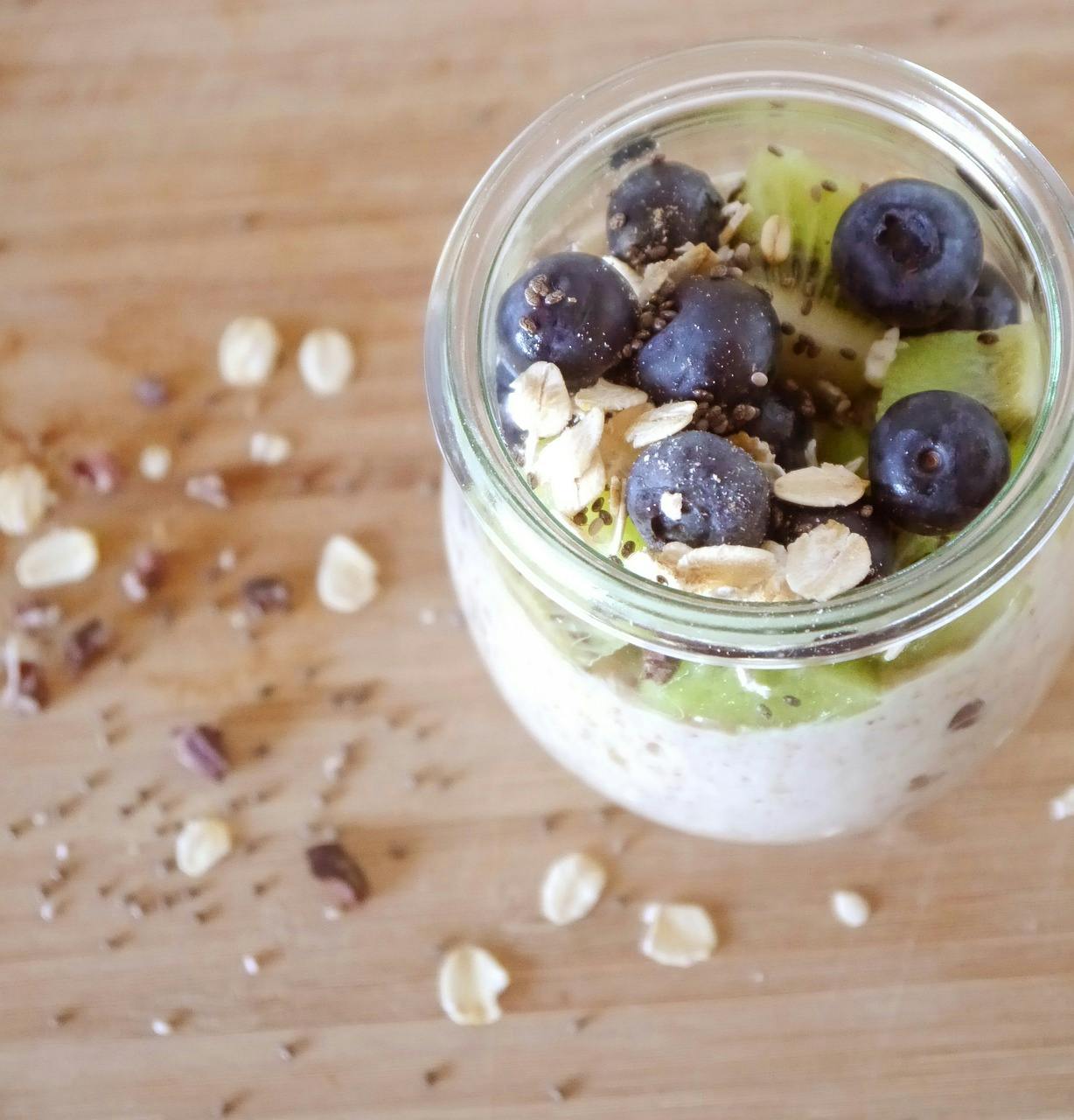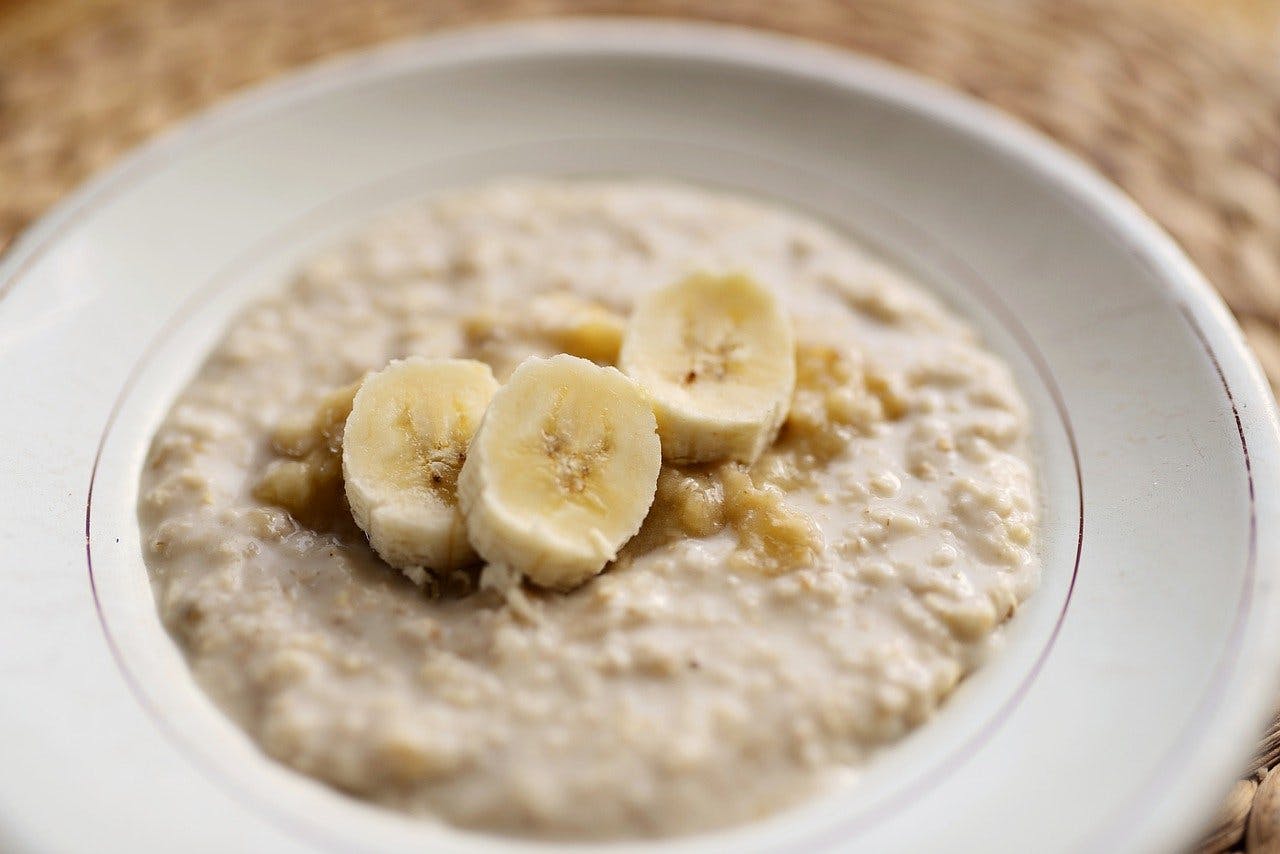Nutritional Profile of Oats
Oats may pack a powerful nutritional punch, offering a rich source of fibre, protein, vitamins, and minerals that can support your weight loss journey.
They're particularly high in soluble fibre, which can help you feel fuller longer. Each serving provides essential nutrients like magnesium, iron, and B vitamins, crucial for energy metabolism.
The protein content in oats also contributes to muscle maintenance, especially when combined with a balanced diet. Plus, the low glycaemic index of oats helps stabilise blood sugar levels, keeping those pesky cravings at bay.
With their versatility, you can easily incorporate oats into your meals, whether in breakfast bowls, smoothies, or baked goods. Embracing oats can set a solid foundation for a healthier lifestyle.
How Oats Aid Weight Loss
Including oats in your diet can significantly boost your weight loss efforts by promoting satiety and regulating appetite. Oats are high in soluble fibre, particularly beta-glucan, which forms a gel-like substance in your stomach.
This slows digestion, keeps you feeling fuller for longer, and helps reduce cravings. When you feel satisfied, it's easier to resist unhealthy snacks.
Additionally, oats have a low glycaemic index, which means they release energy slowly, preventing spikes in blood sugar levels. This can help you maintain stable energy throughout the day and avoid those energy crashes that often lead to overeating.
Oats are a powerhouse food for those aiming to reduce their weight, offering numerous health benefits beyond just shedding pounds. Eating oatmeal regularly can help lower cholesterol levels, reducing the risk of heart disease, while its high fibre content aids in stabilising glucose levels, making it an excellent choice for individuals managing diabetes or type 2 diabetes.[3]
Additionally, the antioxidants found in oats contribute to overall health, and when prepared as a porridge with a natural sweetener, they provide a delicious and nutritious meal option.

Different Types of Oats
There are several types of oats available, each offering unique textures and cooking times to suit your preferences and dietary needs.
- Rolled oats, or old-fashioned oats, are steamed and flattened, making them quick to cook and perfect for oatmeal or granola.
- Steel-cut oats, on the other hand, are whole oat groats chopped into pieces, resulting in a chewier texture and longer cooking time.
- Instant oats are pre-cooked and dried, allowing for rapid preparation, but they often contain added sugars and flavours.
Lastly, oat flour is made from ground oats and can be used in baking.
Choosing the right type of oats can enhance your meals while keeping them nutritious and satisfying, so consider what fits best into your lifestyle.
Incorporating Oats Into Your Diet
Incorporating oats into your daily meals can boost your nutrition and help you feel fuller for longer.
Start your day with a hearty bowl of oatmeal [1] topped with fresh fruits or nuts. You can also blend oats into smoothies for added fibre and creaminess.
For lunch, consider adding cooked oats to salads or grain bowls for a nutritious twist.
Dinner can include savoury oat dishes, like oat risotto or stuffed peppers.
Don't forget about snacks — oat-based energy balls or granola bars make for convenient, healthy options.
With their versatility, oats can easily fit into various meals, making it simple to enjoy their benefits while working towards your weight loss goals.
